Lack of political sense, over emotional attachment to religion, surging religious extremism in the community, and most of all, by not recognizing the enemy within who always stops the community from being progressive, Muslims in India pushing them backwards.
India is essentially a nation of diversities. Unity in diversity caters to the essence of the golden dignity of its composite culture. Since the Vedic period, the inclusion of internal and external ideas in the composite culture has been the specialty here, so assimilation of any cultural diversity is accessible and achievable in India. In this context, religious associativity has also been one of these characteristics, a striking example of this can be seen in Sufism, where the golden amalgamation of Islamic monotheism and some of the characteristics of Indian religions took place and resulted in the successful emergence of a syncretism religious ideology, but in recent times, over the years, India's cultural diversity is getting transformed into cultural disparity, due to which there is a loss in harmony among people as well as a negative effect on cultural characteristics.
No one expected what happened on Friday, June 10. The incident put a big question on the political sense of Muslims in this country. In many parts of the country Muslims came out on the streets in large numbers after the Friday prayers (Jumme ki Namaj), and what happened then again gave strength to the politics of polarization in this country. There were sloganeering, stone pelting, arson, police firing, lathi-charge, and the picture changed very fast. There were violent demonstrations across the country. An atmosphere of hostility and terror was created. But one thing to note here is that such violent demonstrations have only reinforced the ulterior motives of the vested groups (both religious and political).
By the end of the day everyone started condemning the violence that was orchestrated in the name of protest. The anger that was for Nupur Sharma and Naveen Jindal until the day before the protest, suddenly turn towards the rioters and their supporters. In the process of extremism of the minorities, those citizens who have no association with BJP and its ideology also change their opinion in support of Nupur Sharma. Now people have started raising their voices in her support too. Posters were put up and pamphlets were thrown in support of her in some towns in the country.
Well, after Nupur Sharma’s controversial remarks about the Prophet in the TV debate, her statement was condemned by people from all corners of the country. The matter was about the Prophet of Islam, so it is natural that protests were made in other countries of the world as well. Qatar was the first to protest. After this many Islamic countries expressed disapproval of the statement and a few even summoned an Indian envoy to their country. The ruling BJP succumbed to the pressure, first issued a statement and talked about the equality of all religions, and then suspended Nupur Sharma and expelled Naveen Jindal from the party. Subsequently, she issued an apology, saying that her intention was not to hurt anyone. However, the question arises that when the Islamic countries have consented to the BJP’s action on Nupur Sharma, then why did the protest in India not stop? Obviously, some people want to create unrest in the country for their political purpose. At the same time, people who are spreading violence in the name of protest in the country knowingly or unknowingly are nourishing the dirty divided politics of these political parties.
But everything is political these days and this is normal in a democracy. And there lies the biggest failure of the Muslim minorities in this country. The common people of the community having little political sense get carried away by emotions without considering their advantages and disadvantages. Every now and then the religious leaders bring new illusory things in the name of faith which is regressive and against modernity and the values of the contemporary age of science and rational thinking. It is said that if your din (religion) is hindered by your education, then decline the education. In the name of safeguarding Islam, its culture and practices, they advocate gender inequality, do not support women education and women in jobs.
The immoderation of anything is not good. A peaceful protest that turns violent is bad. A criticism that crosses the limits of freedom of speech is also not right. Intellectuals are of the view that such incidents are outcome of intolerance in the religion and are the biggest obstacle to the national integration of India, as this ideology emphasizes the essential unity of one’s own community against other communities. Thus such events promote belief in orthodox principles, intolerance and hatred towards other religions, leading to the division of society. Time and again the incident on Friday, June 10, proved that lack of political sense, over-emotional attachment to religion, surging religious extremism, and most of all, by not recognizing the enemy within who always stops the community from being progressive, Muslims in India pushing them backwards. When there is a say “excess of anything is bad,” the truth is that no one is ready to acknowledge extremism in the religion. It can’t be christened spiritual extremism as there’s no place of extremism in spirituality. The problem is imbibing religion madly. The community has to take ownership of this issue and remain vigilant. This problem can’t be solved by the government and law enforcement agencies alone. Only responsible Muslim leaders and organizations can address the real issue of extremism.
In today’s time, religion is used by various political parties to fulfill their political benefits. Communalization of politics as a process increases the intensity of religious violence in the country along with promoting communalism in India. The lack of value-based education in Muslim youth makes them fall into the words of anyone without thinking and blindly imitate.
Social media plays an important role in promoting communalism due to the rapid spread of fake news in the country. Audio-visual dissemination of riots and violence through social media instigates the violence much easier and faster. These dehumanizing graphic depictions of violence add to the general public’s hatred of other communities. Instead of adhering to journalistic ethics and neutrality, most of the media houses in the country appear to be particularly inclined towards one or the other political ideology, which in turn widens the social divide.
Factors such as unequal level of development, class division, poverty, and unemployment etc. create a sense of insecurity among common people. Owing to the feeling of insecurity, people lose faith in the government, as a result, various political parties, which are formed on communal lines, are resorted to by the people to fulfill their needs and interests. Due to a lack of trust and mutual understanding between the two communities, a sense of fear, suspicion, and danger arises in them. So many are of the opinion that education, prosperity, modern thinking, and new initiatives will take the Muslims in India forward.
Like other such incidents in past, this one will also be subsided. The political graph of some people and parties will go up. Some religious leaders and organizations will create wealth. But no one knows how long the rioters against whom cases have been registered by the law enforcement agencies will remain trapped in this. They will be named and shamed in public, penalized, their houses will be bulldozed. Moreover, such violence traps innocent citizens too, brings loss of life and property, promotes vote bank politics, and affects social cohesion. It causes serious damage to religious harmony in the long run. It also affects constitutional values ??like secularism and fraternity. In such cases, the families of the victims have to bear the brunt the most, they have to lose their homes, loved ones, and even means of livelihood. It presents a challenge to the internal security of the country as the citizens of the country are involved in both the instigators and victims of such violence.
When the view expresses that only responsible religious leaders and organizations can address the real issue of religious extremism in the country, there is no intention of disregarding the responsibilities of the government and law enforcement agencies absolutely. The law enforcement agencies need to be well equipped and local intelligence networks need to be strengthened to prevent such incidents. Peace committees, including notable citizens and religious leaders from the community, can be set up to work together to spread goodwill and remove the feelings of fear and hatred in the people’s minds. Value-based education should be imparted to the common people and especially the youth of the community, so that they do not fall prey easily into anyone’s words. In addition to scientific and rationality in curriculum, there is also a need to emphasize value-oriented education, focusing on the excellence of children in schools and colleges based on the values ??of non-violence, peace, secularism, compassion, and humanism.
Finally, strong laws are needed to stop repeating such incidents in the future. Although there are Sections in IPC and special laws such as UAPA, NSA, PSA, etc. are there and applied, depending upon the facts of the case, by law enforcement agencies, that is not enough to desist the perpetrators of such acts. The existing criminal justice system should be reformed to provide speedy trials and adequate compensation to the victims.







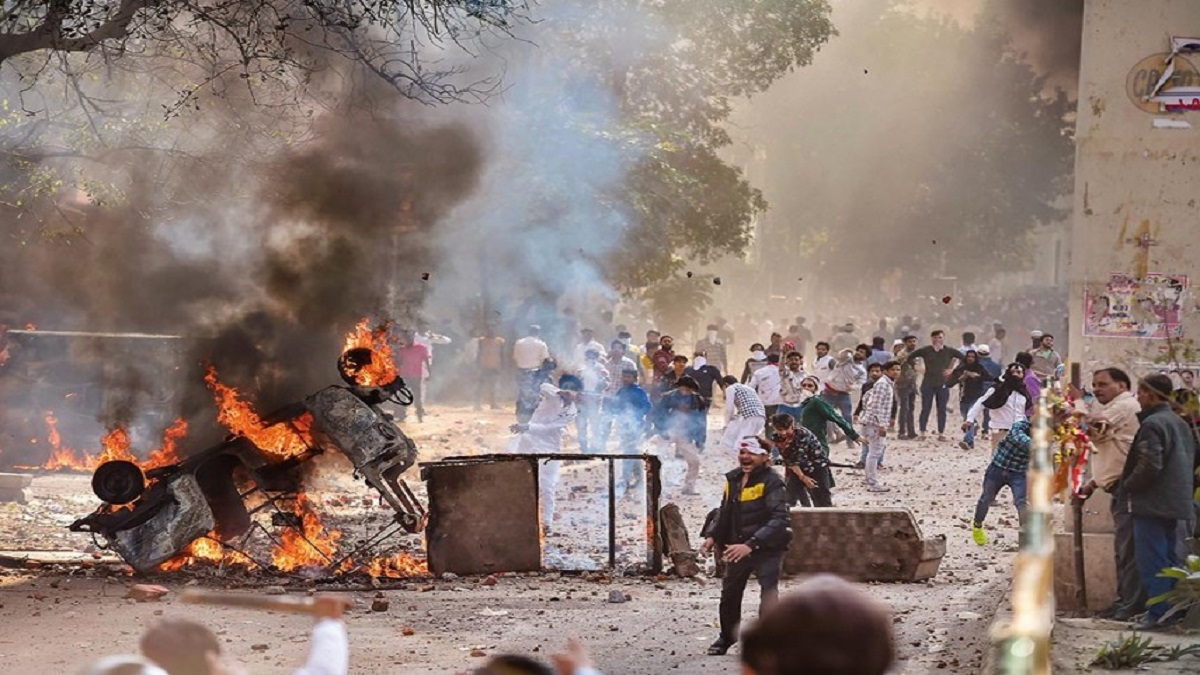
 OpinionExpress.In
OpinionExpress.In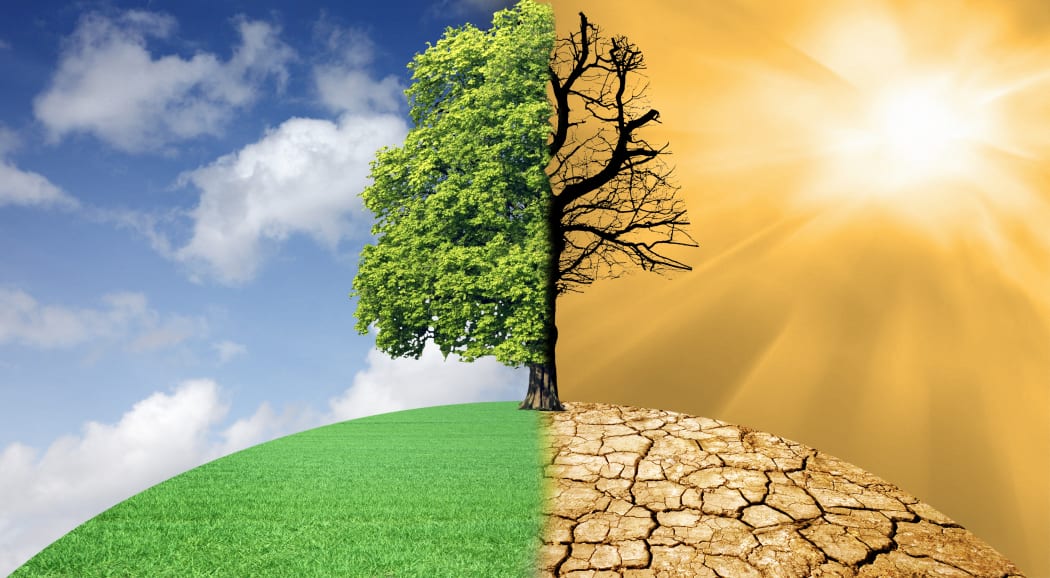
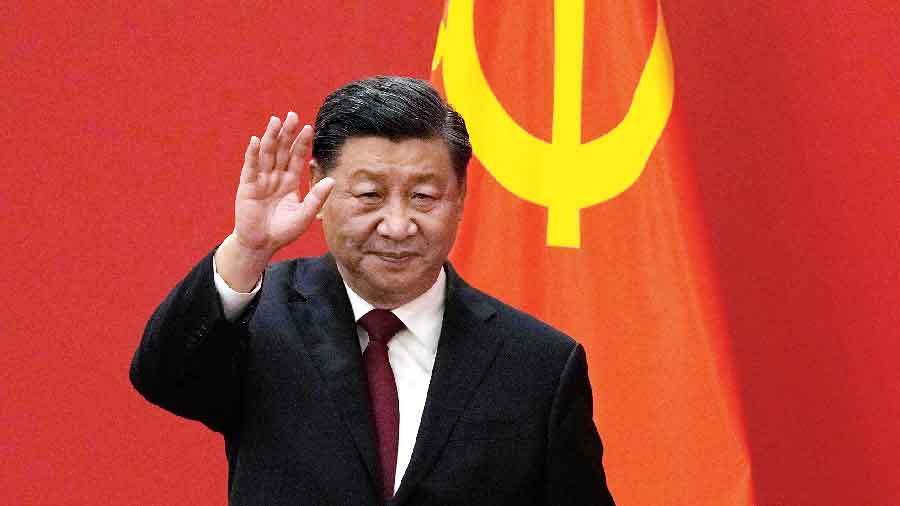

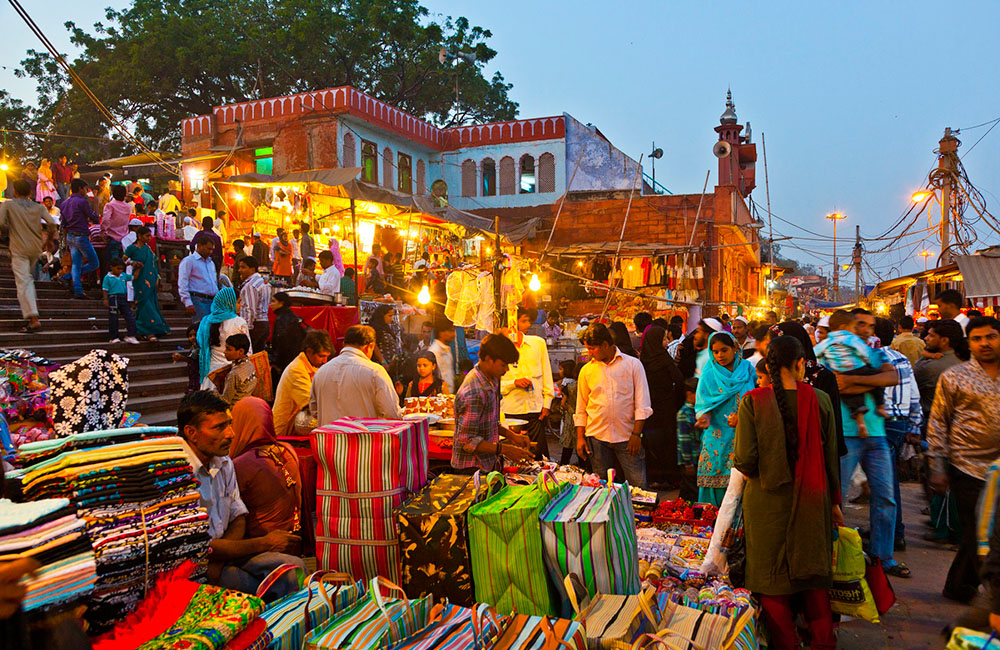
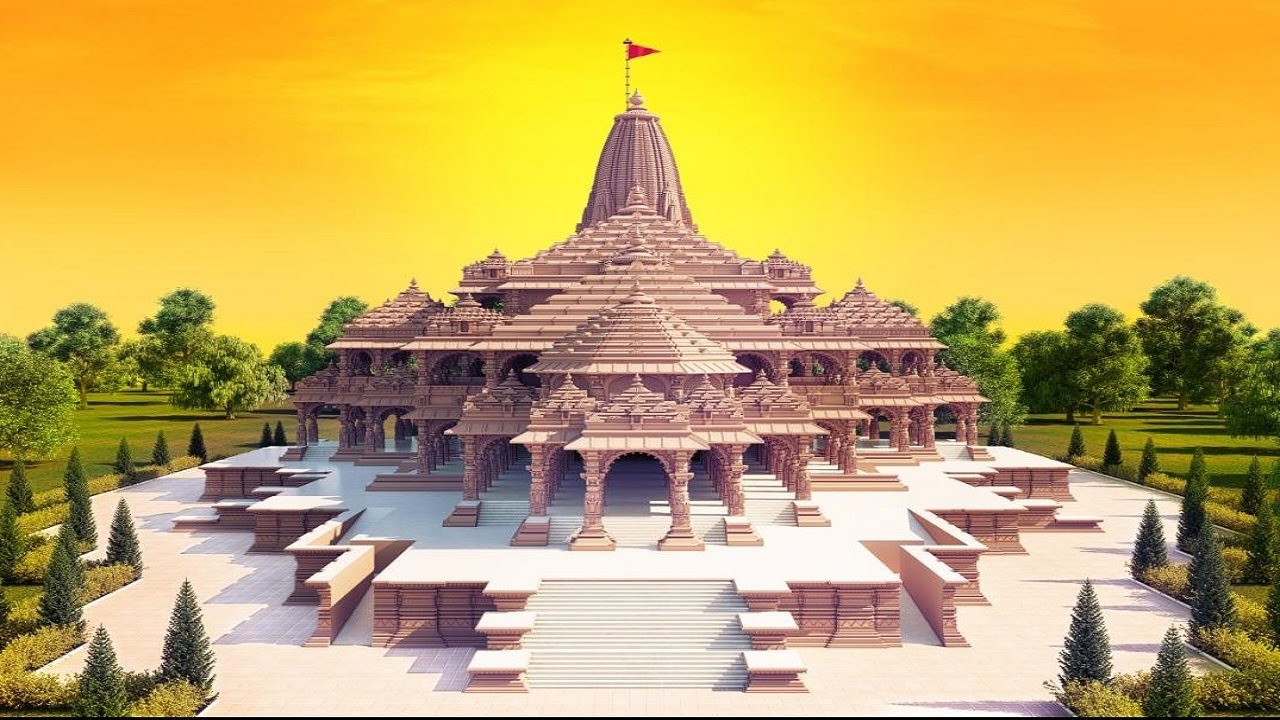
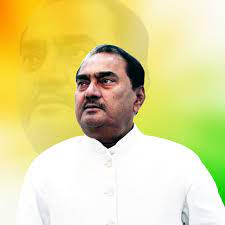
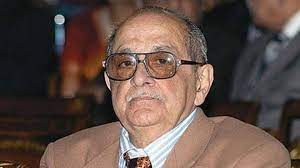
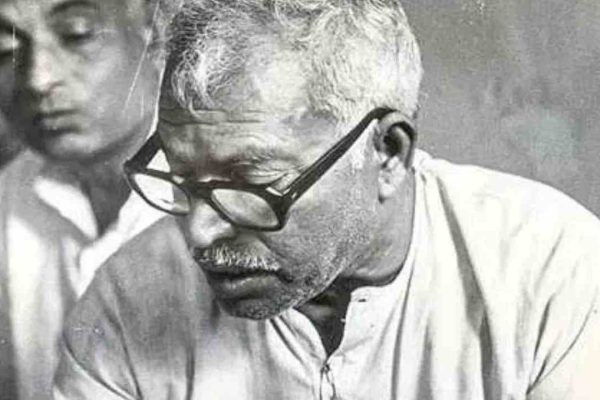
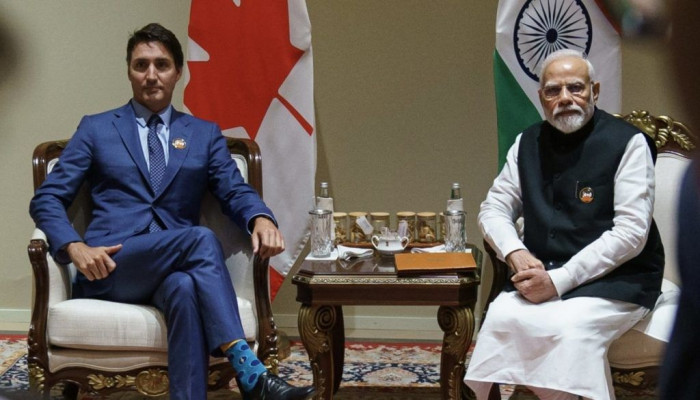
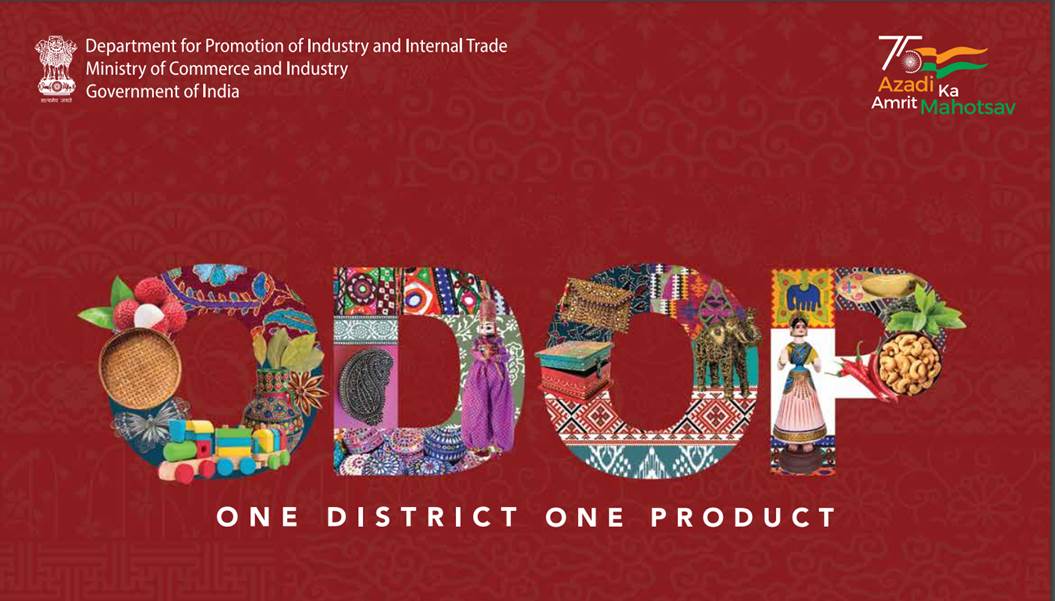






Comments (0)